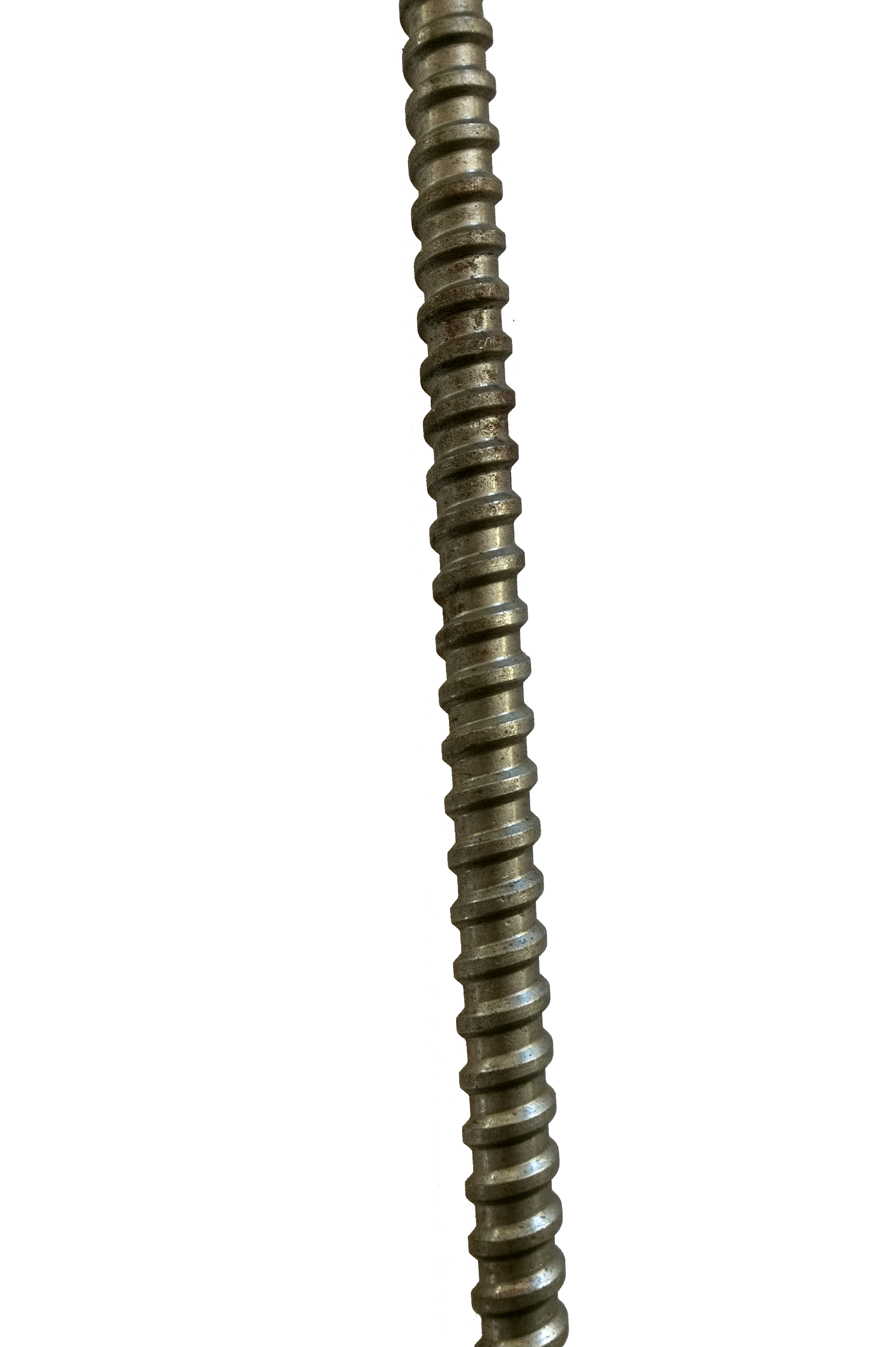
-
 Afrikaans
Afrikaans -
 Albanian
Albanian -
 Amharic
Amharic -
 Arabic
Arabic -
 Armenian
Armenian -
 Azerbaijani
Azerbaijani -
 Basque
Basque -
 Belarusian
Belarusian -
 Bengali
Bengali -
 Bosnian
Bosnian -
 Bulgarian
Bulgarian -
 Catalan
Catalan -
 Cebuano
Cebuano -
 Corsican
Corsican -
 Croatian
Croatian -
 Czech
Czech -
 Danish
Danish -
 Dutch
Dutch -
 English
English -
 Esperanto
Esperanto -
 Estonian
Estonian -
 Finnish
Finnish -
 French
French -
 Frisian
Frisian -
 Galician
Galician -
 Georgian
Georgian -
 German
German -
 Greek
Greek -
 Gujarati
Gujarati -
 Haitian Creole
Haitian Creole -
 hausa
hausa -
 hawaiian
hawaiian -
 Hebrew
Hebrew -
 Hindi
Hindi -
 Miao
Miao -
 Hungarian
Hungarian -
 Icelandic
Icelandic -
 igbo
igbo -
 Indonesian
Indonesian -
 irish
irish -
 Italian
Italian -
 Japanese
Japanese -
 Javanese
Javanese -
 Kannada
Kannada -
 kazakh
kazakh -
 Khmer
Khmer -
 Rwandese
Rwandese -
 Korean
Korean -
 Kurdish
Kurdish -
 Kyrgyz
Kyrgyz -
 Lao
Lao -
 Latin
Latin -
 Latvian
Latvian -
 Lithuanian
Lithuanian -
 Luxembourgish
Luxembourgish -
 Macedonian
Macedonian -
 Malgashi
Malgashi -
 Malay
Malay -
 Malayalam
Malayalam -
 Maltese
Maltese -
 Maori
Maori -
 Marathi
Marathi -
 Mongolian
Mongolian -
 Myanmar
Myanmar -
 Nepali
Nepali -
 Norwegian
Norwegian -
 Norwegian
Norwegian -
 Occitan
Occitan -
 Pashto
Pashto -
 Persian
Persian -
 Polish
Polish -
 Portuguese
Portuguese -
 Punjabi
Punjabi -
 Romanian
Romanian -
 Russian
Russian -
 Samoan
Samoan -
 Scottish Gaelic
Scottish Gaelic -
 Serbian
Serbian -
 Sesotho
Sesotho -
 Shona
Shona -
 Sindhi
Sindhi -
 Sinhala
Sinhala -
 Slovak
Slovak -
 Slovenian
Slovenian -
 Somali
Somali -
 Spanish
Spanish -
 Sundanese
Sundanese -
 Swahili
Swahili -
 Swedish
Swedish -
 Tagalog
Tagalog -
 Tajik
Tajik -
 Tamil
Tamil -
 Tatar
Tatar -
 Telugu
Telugu -
 Thai
Thai -
 Turkish
Turkish -
 Turkmen
Turkmen -
 Ukrainian
Ukrainian -
 Urdu
Urdu -
 Uighur
Uighur -
 Uzbek
Uzbek -
 Vietnamese
Vietnamese -
 Welsh
Welsh -
 Bantu
Bantu -
 Yiddish
Yiddish -
 Yoruba
Yoruba -
 Zulu
Zulu
Explore the Best Options for Purchasing Thread Rolling Machines Today
The Importance of Thread Rolling Machines in Modern Manufacturing
In today’s fast-paced manufacturing environment, precision and efficiency are paramount. One of the key players in achieving these objectives is the thread rolling machine. These specialized machines have become indispensable in various industries, particularly in the production of fasteners and components that require high durability and strength. In this article, we will explore what thread rolling machines are, their various types, and the benefits they bring to manufacturers.
What is a Thread Rolling Machine?
A thread rolling machine is a type of machine tool used to create threads on a workpiece through a process known as rolling. Unlike traditional machining processes that cut away material to form threads, rolling machines deform the material by applying high pressure with hardened steel dies. This method not only enhances the mechanical properties of the threads produced but also contributes to a more efficient manufacturing cycle.
Types of Thread Rolling Machines
There are several types of thread rolling machines available on the market, each suited for different applications and production needs. The primary types include
1. Flat Die Thread Rolling Machines These are used for rolling threads that have a flat surface and are often employed in producing bolts and screws. The dies are positioned parallel to each other, allowing for efficient threading.
2. Circular Die Thread Rolling Machines This type features round dies and is ideal for rolling threads on cylindrical workpieces. They are widely used in the production of automotive parts and various industrial components.
3. Rotary Thread Rolling Machines These machines employ rotating dies to produce threads at high speeds. They are particularly useful for large-scale production where efficiency and speed are critical.
buy thread rolling machine

4. In-Line Thread Rolling Machines Suitable for integration into automated production lines, these machines streamline the threading process directly after other machining operations, reducing handling time and increasing workflow efficiency.
Benefits of Thread Rolling Machines
1. Enhanced Strength and Durability The thread rolling process generates compressive stresses in the material, improving its mechanical properties. This makes rolled threads significantly stronger than those produced by cutting, which is crucial in critical applications that demand high performance.
2. Reduced Material Waste Since no material is removed during the threading process, thread rolling is more sustainable. This reduction in waste helps manufacturers save costs and reduces their environmental impact.
3. High Production Efficiency Thread rolling machines are designed to operate at high speeds, significantly increasing throughput. This advantage is especially beneficial in today’s competitive market, where meeting customer demands promptly is essential.
4. Improved Surface Finish Rolled threads typically have a smoother surface finish compared to cut threads, which can lead to better joining and sealing capabilities in fasteners, ultimately enhancing the overall quality of the product.
5. Cost-Effectiveness While the initial investment in thread rolling machines may be higher than traditional methods, the long-term savings associated with reduced labor costs, raw material usage, and improved product quality make them a cost-effective choice.
Conclusion
As industries continue to evolve and demand for quality components increases, thread rolling machines remain an essential asset for manufacturers. Their ability to produce strong, durable, and precisely finished threads, coupled with their inherent efficiency, makes them a crucial part of modern manufacturing processes. Investing in a high-quality thread rolling machine can lead to significant advantages in production reliability and cost savings, ultimately contributing to a company’s competitive edge in the marketplace.
